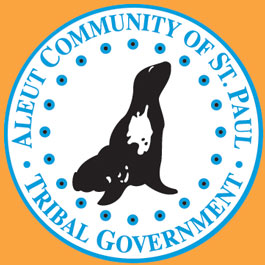Background
The Pribilof Islands Aleut Community of Saint Paul Island-Tribal Government (ACSPI) established the Txin Kaangux (TK) Program to serve the Alaska Native village located in St. Paul Island, Alaska. The TK Program, created by a Tribal community, was “designed to be holistic in nature[;] when we have families that come to us seeking services, we lend an active listening ear so that we can provide them with the services they need and are willing to engage in.” Seeing that ACSPI’s child welfare cases are centered around domestic violence, child sexual abuse, neglect, or parental substance abuse, the TK Program brings a holistic healing and wellness packages to families. Some of the services offered include domestic violence advocates, a safe house, a child advocacy center, a sober living house, a transitional living program, and a crisis line.
Goals and outcomes
The goal is to demonstrate and evaluate the Txin Kaangux (TK) program, a holistic approach to healing and wellness, as an evidence-based promising practice for addressing the needs of families with children at risk for entering the foster care system.
Products
- TKI Implementation Guide
- TKI Program Manual
- TKI Evaluation Report
- TKI Evaluation Brief
- TKI Personnel Recruitment and Onboarding Policy & Procedures
- TKI Training for New Personnel
Project highlights
Spotlight
The city of St. Paul is the main, and only, settlement of Saint Paul Island in the Pribilof Islands, a small island group in the Bering Sea off the west coast of Alaska. St. Paul is a remote, rural, Alaska Native village with a population of less than 600 but is the largest Aleut community in the United States.


